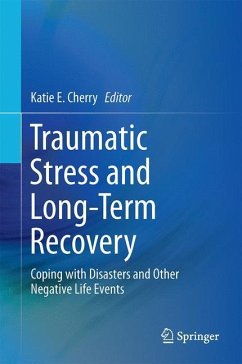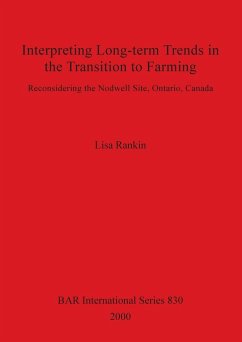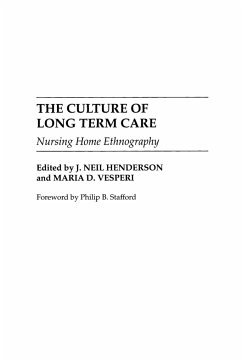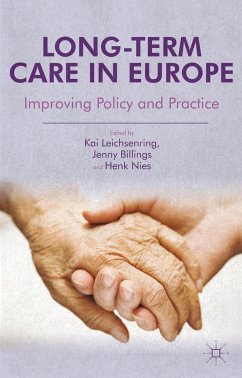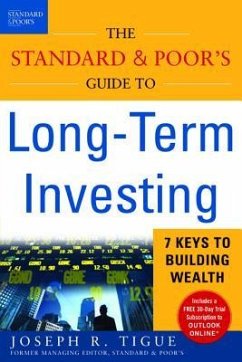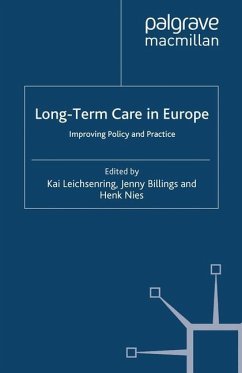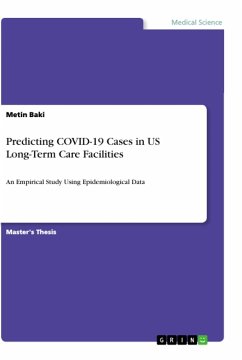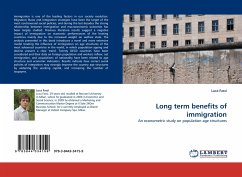
Long term benefits of immigration
An econometric study on population age structures
Versandkostenfrei!
Versandfertig in 6-10 Tagen
32,99 €
inkl. MwSt.

PAYBACK Punkte
16 °P sammeln!
Immigration is one of the leading factors in our society evolution. Migration fluxes and integration strategies have been the target of the most controversial social policies, and during the last decades the strong relationship between immigration and macroeconomic outcomes has been largely studied. Previous literature results suggest a negative impact of immigration on economic performances of the hosting countries mainly due to the increased weight on welfare state. The analysis presented in this book introduces a novel and more extensive model treating the influence of immigration on age st...
Immigration is one of the leading factors in our society evolution. Migration fluxes and integration strategies have been the target of the most controversial social policies, and during the last decades the strong relationship between immigration and macroeconomic outcomes has been largely studied. Previous literature results suggest a negative impact of immigration on economic performances of the hosting countries mainly due to the increased weight on welfare state. The analysis presented in this book introduces a novel and more extensive model treating the influence of immigration on age structures of the most advanced countries in the world, in which population ageing and decline present a clear trend. Twenty OECD countries have been considered and their data on foreign population and workers inflow, net immigration, and acquisitions of nationality have been related to age structure and economic indicators. Results indicate how correct social policies of integration may strongly improve the country age structures by widening the working capital, and increasing the number of taxpayers.



